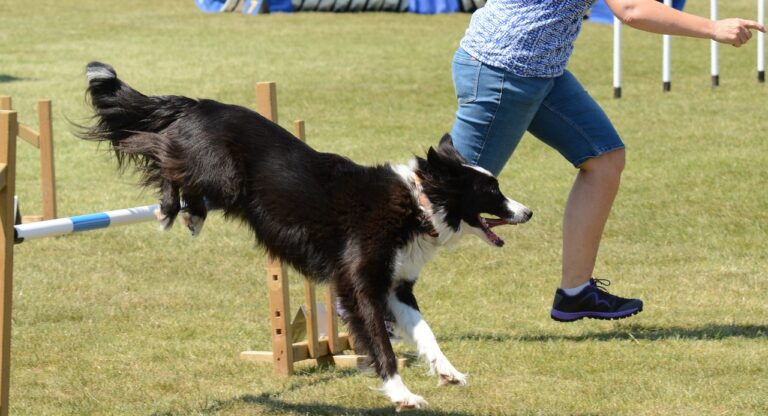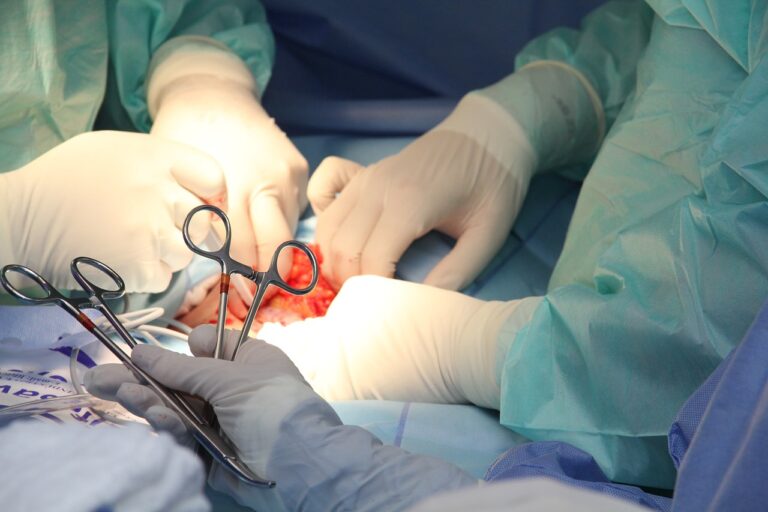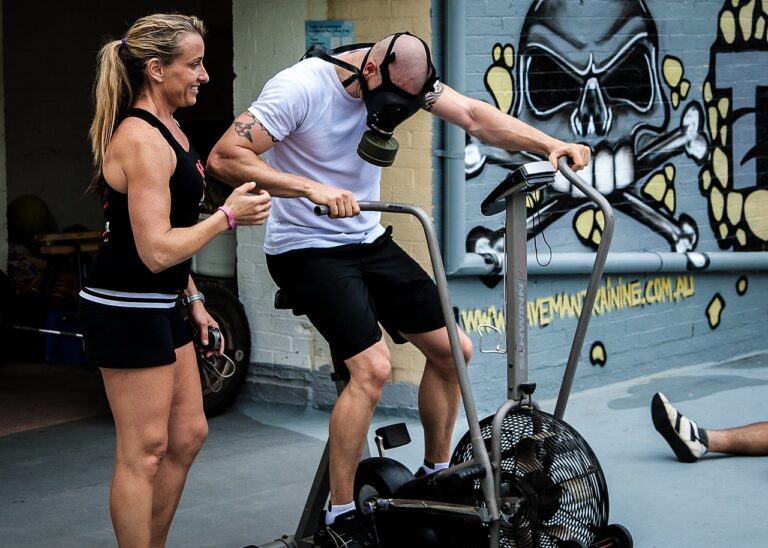Strategies for preventing and managing complications in pancreaticoduodenectomy for cancer: 11xplay reddy login registration, Laser book 247, Skylive casino
11xplay reddy login registration, laser book 247, skylive casino: Pancreaticoduodenectomy, commonly known as the Whipple procedure, is a complex surgical procedure performed to remove a portion of the pancreas, part of the small intestine, the gallbladder, and the bile duct. This procedure is most often used to treat pancreatic cancer. While it can be a life-saving surgery, pancreaticoduodenectomy is also associated with a number of potential complications. In this article, we’ll discuss some strategies for preventing and managing complications in pancreaticoduodenectomy for cancer.
1. Preoperative Optimization:
Before undergoing pancreaticoduodenectomy, it is essential for patients to be in the best possible physical condition. This may involve optimizing nutritional status, managing underlying medical conditions, and addressing any risk factors that could complicate the surgery.
2. Surgical Expertise:
One of the most important factors in preventing complications during pancreaticoduodenectomy is the skill and experience of the surgical team. It is crucial to choose a surgeon who is highly specialized in performing this complex procedure.
3. Tumor Staging:
Accurate staging of the pancreatic cancer is essential for ensuring that the appropriate surgical approach is taken. This helps in reducing the risk of incomplete tumor removal and ensures that the patient receives the most effective treatment.
4. Postoperative Care:
The period following pancreaticoduodenectomy is critical for monitoring and managing complications. Close monitoring of vital signs, fluid balance, and pain levels is essential for early detection and management of any issues that may arise.
5. Nutritional Support:
Patients who undergo pancreaticoduodenectomy often experience difficulties with digestion and absorption of nutrients. Nutritional support, including dietary modifications and supplements, can help prevent malnutrition and promote a faster recovery.
6. Regular Follow-up:
Regular follow-up appointments with the surgical team and oncologist are crucial for monitoring the patient’s progress and detecting any signs of complications early on. This allows for prompt intervention and management of issues that may arise.
FAQs:
Q: What are some common complications of pancreaticoduodenectomy?
A: Common complications include infection, pancreatic fistula, bile leak, delayed gastric emptying, and hemorrhage.
Q: How long does it take to recover from pancreaticoduodenectomy?
A: Recovery time can vary depending on the individual patient, but most patients can expect to spend several weeks in the hospital and several months at home recovering.
Q: Are there any long-term side effects of pancreaticoduodenectomy?
A: Some patients may experience long-term digestive issues, such as difficulty digesting certain foods or insulin insufficiency.
In conclusion, while pancreaticoduodenectomy for cancer is a complex and potentially risky procedure, with careful preoperative optimization, expert surgical care, and vigilant postoperative management, many complications can be prevented or effectively managed. By following these strategies, patients can improve their outcomes and ensure a smoother recovery process.







